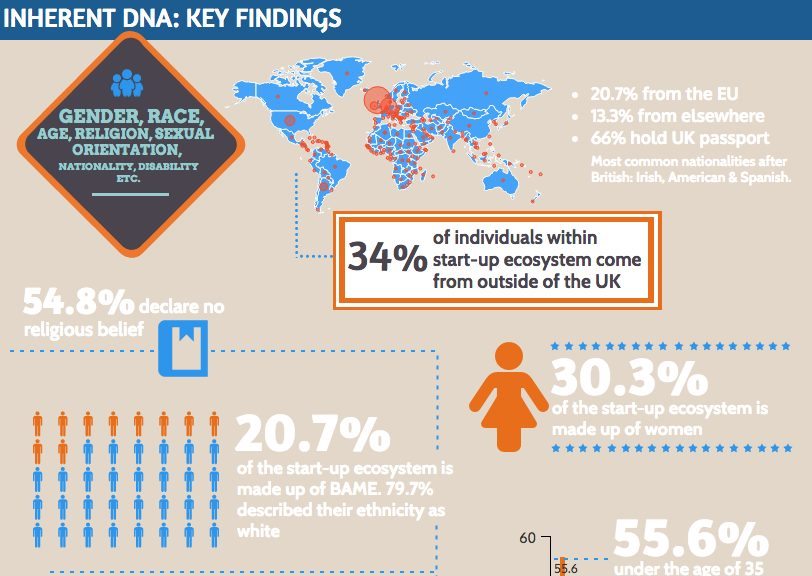London is a hotbed for tech talent, Europe’s fastest growing tech hub and a city with some of the best universities in the world. At the same time, the demand for skilled tech workers is strong and predicted to grow substantially. We hear from Jess Tyrrell of Centre for London, creators of wearedotdotdot.com, on how we can manage this growth
Research by Oxford Economics for London and Partners last week predicted the digital workforce will grow by over 22% in the next 10 years.
Whichever way you look at it, it seems a near-certain bet that demand for tech skills will increase in London and the UK, as our digital world expands. Demand is coming not only from the startups and digital scale-ups across the country, but from other sectors like retail and banking, who increasingly need digital workers.
As demand increases, so do questions around what is the best way to train young people in the skills they need to fill the jobs of the future.
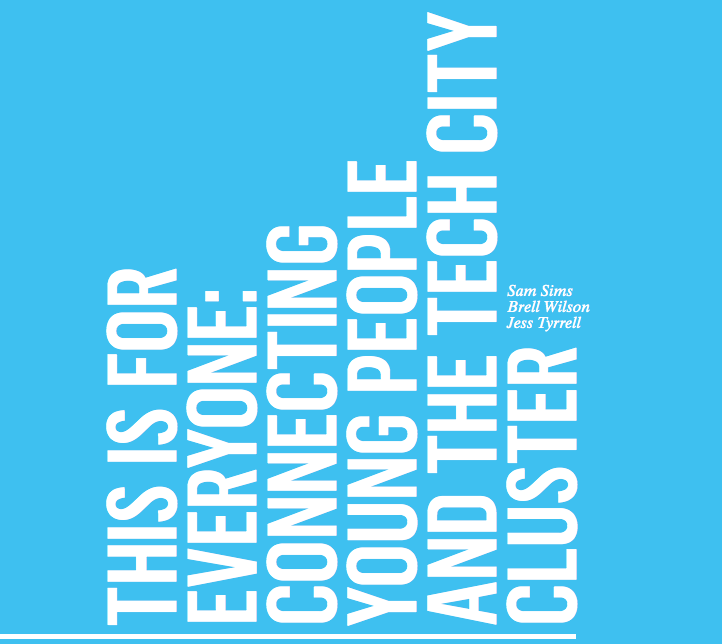
In London we are lucky. We have a growing community of what we call Digital Learning Programmes – disruptive education startups who are delivering new ways of training young people to fill short, medium and longer term digital skills gaps. These programmes are well connected to the technology community, having grown out of tech clusters in the city. Many engage with tech professionals as mentors and volunteers. In our report This is For Everyone, published earlier this year, we identified over 60 such programmes active in East London alone.
The growing digital sector requires new talent to be coming online now, as well as talent that will fill the jobs in the medium and longer term. But it takes time to turn around the education and training infrastructure in a city like London. The recent London 2036 report identifies a few reasons why: courses completed are measured rather than employment outcomes, careers advice is yet to catch up to the digital sector, 80% of the budget for adult skills is decided on centrally when what we really need is local solutions, and so on. London has also been able to rely on international talent to fill skills gaps.
But we also need to grow our own tech talent. In fact, business leaders have marked it down as one of the top ten priorities for London’s economic growth in the next 20 years.
So where do the Digital Learning Programmes come into play? We at Centre for London have argued that growth of these programmes is as important, if not more so, than teaching coding in schools. Why? Because these programmes teach the skills the tech sector needs, but they also teach critical other behaviours and attitudes.
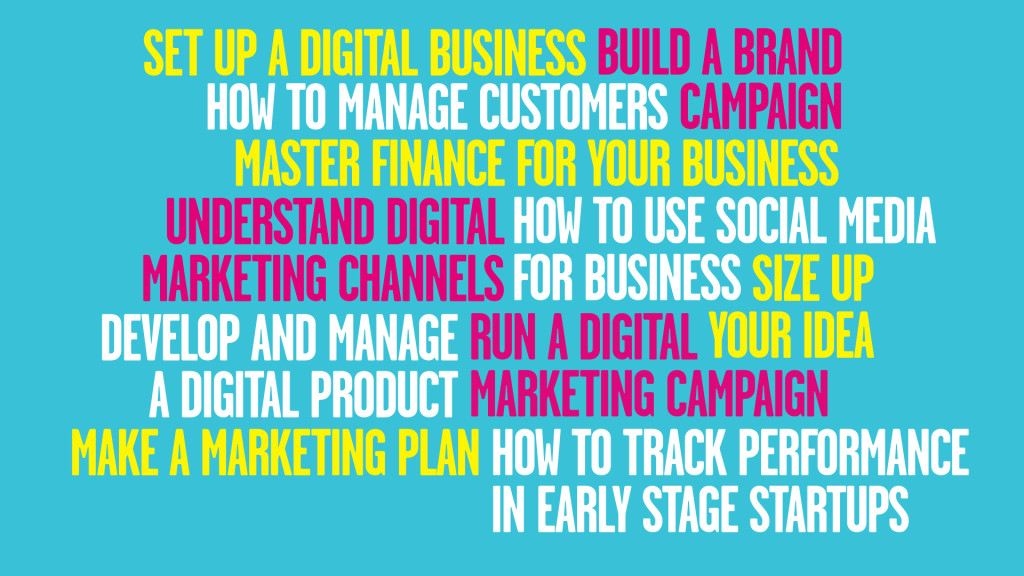
Tech City UK’s own Digital Business Academy (above) is teaching entrepreneurial skills vital to being a part of the startup scene whether as a founder or entrepreneurial employee. Programmes like Apps for Good, Code Club, Teen Tech and Founders for Schools connect young people to entrepreneurs and professionals in the industry. Kit providers like Technology Will Save Us and Kano, both based in East London, are providing families with the means to teach and learn tech with their children, making it normal in the household.
Why does this matter? Because familiarity with the way the tech industry works – open collaboration, startup mentality, rapid prototyping and remote working for example – are all behaviours tech employers want their employees to understand.
It also matters because ideas and innovation flourish the more diverse the talent pool. 71% of employees surveyed in the Wayra start-upDNA report agree that diversity helps teams find new markets, for example. Yet the same report found that the majority of the UK’s startups (80%) are founded by children of middle class families. It doesn’t have to be this way.
Getting more young people to see that a job in tech is one for them is about attitudes – and key to that is a sense of belonging. Our research found that many young people going to school in and around Tech City have no idea what it is. We need to connect young people to the founders of businesses and makers of products. That’s why events like Mozfest, Young Rewired State’s Festival of Code or Freeformers’ Upload Live are so important. They connect young people into a network and encourage them to see that making tech is something they can do too.
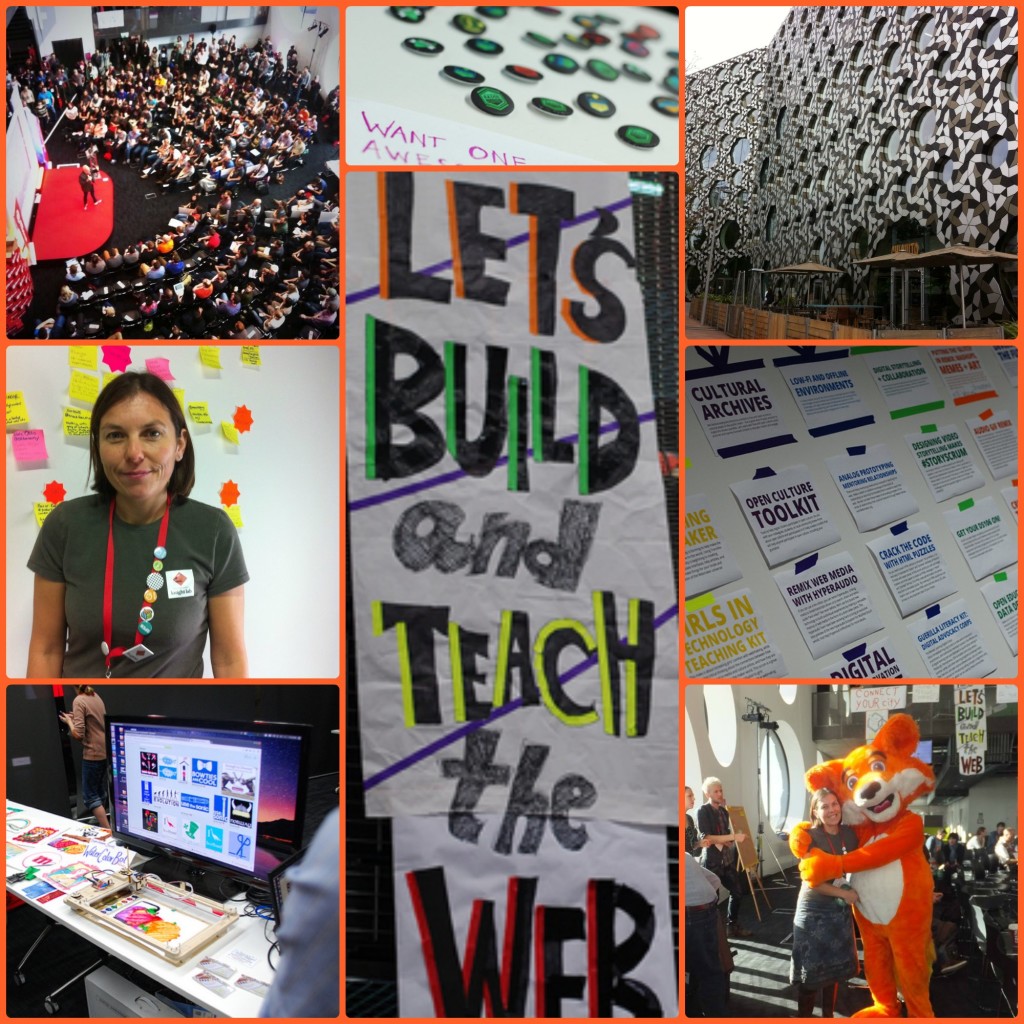
So, what do we need to do next? We need to radically scale these programmes with more funding and volunteer support – in and around tech clusters across the UK. And crucially we need to connect young people to them, through an interconnected web of digital learning opportunities like the one we are creating with www.wearedotdotdot.com.
We know that for many companies, their support feels like a drop in the ocean. But this is exactly what we need to solve this collection action problem. In London, the GLA will soon announce a £7m Digital Skills Fund to focus public sector training providers on the needs of the digital sector. London also needs companies to play their part – to be good ‘tech citizens’ and match this input through funding support, mentoring and developing relationships with training providers. How?
On www.wearedotdotdot.com we suggest a number of ways: supporting events, providing volunteers or funding a Digital Learning Programme. Come and help us develop the Innovation Lab for digital apprenticeships or become a hiring partner of the Tech City Fellowship. If you don’t know what to do, we can help you. We are happy to talk about how you can best help develop the talent pipeline in London, whether you are a small start-up, a pioneering Unicorn or a big blue chip company. Get in touch at [email protected]
